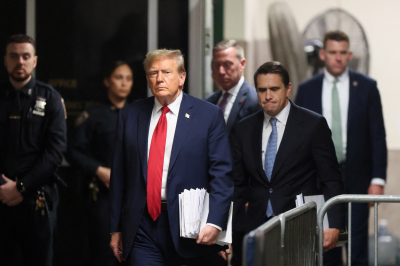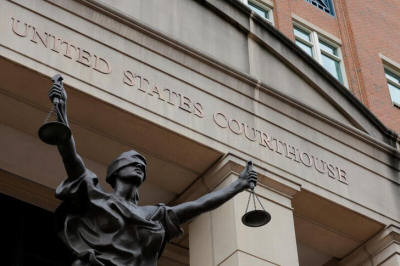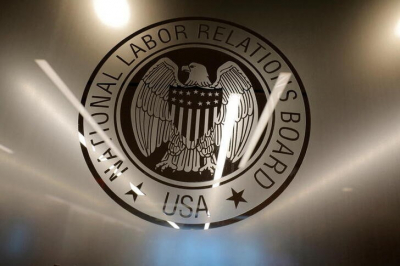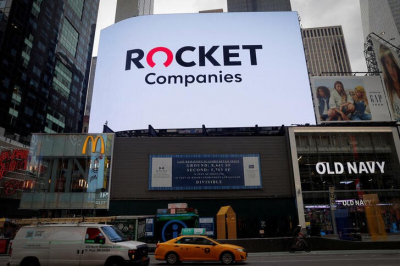
TikTok Appeals to EU Court: Seeks Suspension of EU Gatekeeper Label Pending Ruling
In a strategic move, ByteDance's TikTok, the Chinese conglomerate's popular short-form video platform, has petitioned the second-highest court in Europe to suspend its classification as a gatekeeper under the stringent new EU tech regulations. TikTok's plea seeks a temporary halt to the gatekeeper label until the court delivers its verdict on TikTok's broader challenge against the designation.
The Digital Markets Act (DMA), a comprehensive regulatory framework, mandates that tech giants designated as gatekeepers—such as TikTok, Google, Meta Platforms, Apple, Amazon, and Microsoft—ensure interoperability of their messaging apps with competitors. Additionally, these gatekeepers must allow users the autonomy to choose pre-installed apps on their devices, refraining from any bias towards their own services or impeding users from uninstalling pre-installed software.
TikTok, which formally contested the gatekeeper status last month at the General Court based in Luxembourg, contends that its designation jeopardizes the DMA's fundamental objective of shielding gatekeepers from emerging competitors, including TikTok itself. A TikTok spokesperson confirmed the application for interim measures, acknowledging the stringent criteria required for court approval. Companies seeking interim measures must demonstrate both urgency and the potential for irreparable harm if not granted.
Notably, TikTok is not alone in challenging its gatekeeper designation. Tech giants Meta Platforms and Apple have also lodged legal challenges against the European Commission in this regard. As the legal battles unfold, these cases pose significant implications for the interpretation and application of the DMA, shaping the future landscape of tech regulation in the European Union.
Reporting from Brussels by Foo Yun Chee, a seasoned journalist with two decades of experience at Reuters, sheds light on the unfolding legal complexities. Foo Yun Chee's extensive coverage of high-profile mergers, European antitrust laws, and tech developments underscores her role as an influential journalist in shaping market perceptions and movements.
In conclusion, TikTok's strategic appeal to suspend its gatekeeper designation under the EU's Digital Markets Act (DMA) reflects a pivotal moment in the ongoing legal battles between major tech platforms and European regulators. The platform's decision to contest the label aligns with a broader industry pushback against the regulatory framework, emphasizing the potential impact on innovation and competition.
As TikTok, along with other tech giants, navigates these legal complexities, the outcome of these cases will undoubtedly shape the trajectory of tech regulation within the European Union. The DMA's ambitious goals of fostering interoperability and user choice face scrutiny, with companies like TikTok arguing that the gatekeeper designation could stifle competition rather than encourage it.
The legal landscape continues to evolve, with TikTok's appeal and similar challenges from industry peers posing critical questions about the interpretation and enforcement of EU tech regulations. Foo Yun Chee's extensive reporting from Brussels provides valuable insights into the high-stakes legal maneuvering and the potential ramifications for the technology sector. As these legal battles unfold, they carry the potential to redefine the dynamics between major tech players and regulatory authorities in the European tech ecosystem.





